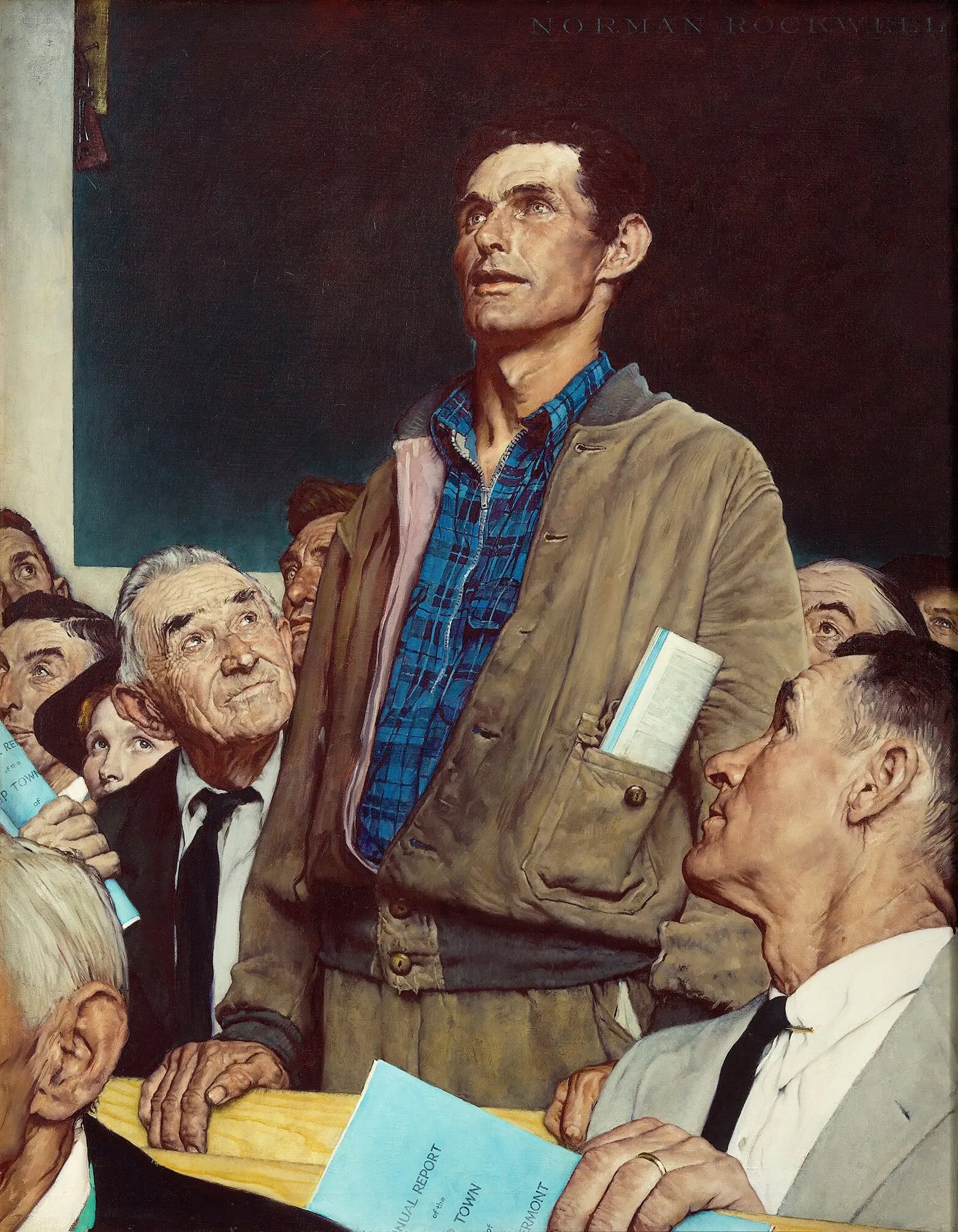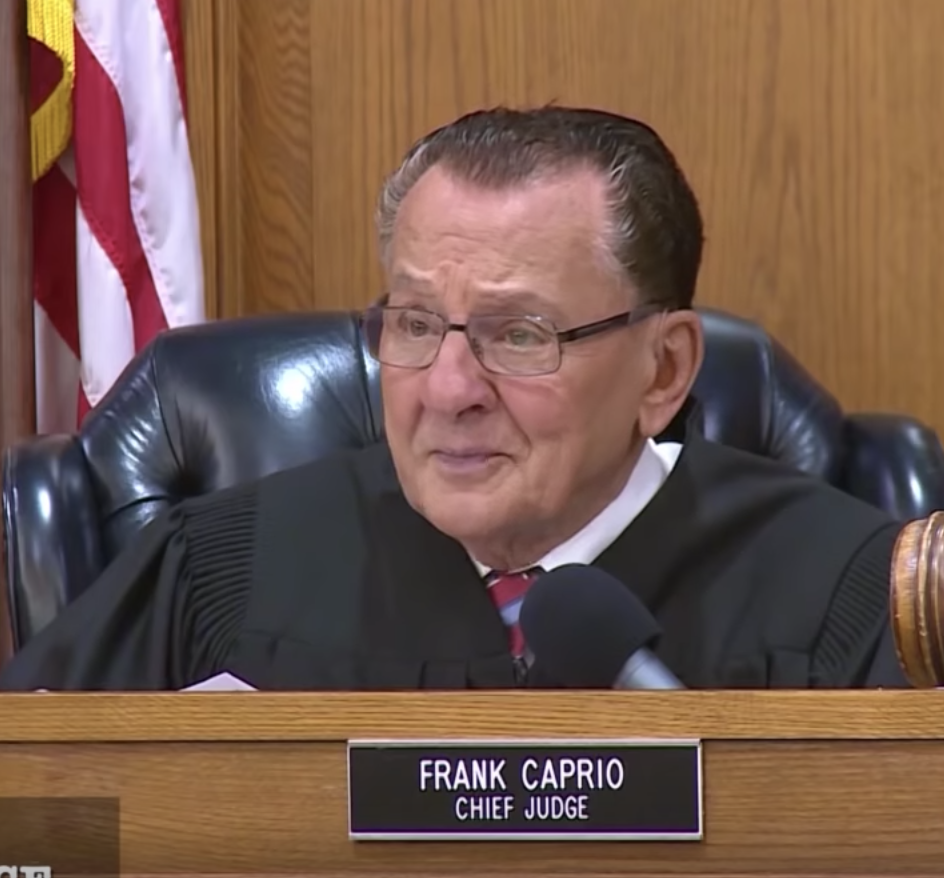Growing up in the ’50s and ’60s citizenship was a practical part of daily life.
I remember standing up, with the rest of my classroom, and reciting the Pledge of Allegiance. I remember the “proper” way to sit at my desk: sit-up straight, hands folded, feet flat on the floor. Be prompt, attentive, be studious, do not waste paper or pencils, keep school grounds clean.

There were rules for everything – school, sports, library, church, house, safety, community (Did I leave anything out?); “Yes, Ma’am,” “No, Sir,” “Please” and “Thank You.” Be considerate. Don’t talk back. Don’t forget to wash your hands before you eat. Obey the law. Help others. And the list goes on.
At the time, it felt like my main function in life was to learn four to six-dozen new rules a day!
I bring all this up because of a book I recently discovered: “The Good Citizen’s Handbook – A Guide to Proper Behavior” by Jennifer McKnight-Trontz.
The handbook reminds us that a “Good Citizen” is healthy, courteous, fit, has the correct posture, expresses a positive outlook, votes, serves on a jury, controls him or herself, acts responsibly in the home, school and community and, (my favorite) “entertains the elderly.”
The book is a punchy little reminder of all the fundamental rules we grew up with complete with ’50s-style graphics right from school textbooks, government-issue pamphlets and scouting manuals.
Things that make sense: Don’t cheat or lie. Play fair. Be a good loser or a generous winner. Put forth your best effort in all that you do. Things on the fringe: “Each week see at least one movie”; “Don’t peel the skin from the apple before you eat it”; “Penmanship matters.” I’m still trying to figure out how the latter contributes to the well-being of my community and country. My guess is that Hollywood, apple growers and pen lobbies may have had something to do with it.
But there’s another handbook that was released a few centuries earlier. It’s called the “Enchiridion” or Handbook of Epictetus, a third century Greek Stoic. Among the philosopher’s guides to proper behavior:
Some things are in our control and others are not. Things in our control are opinion, pursuit, desire, aversion, and, in a word, whatever are our own actions. Things not in our control are body, property, reputation, command, and, in one word, whatever are not our own actions.
When walking, you are careful not to step on a nail or turn your foot; so likewise be careful not to hurt the ruling faculty of your mind. And, if we were to guard against this in every action, we should undertake the action with the greater safety.
Never call yourself a philosopher, nor talk a great deal among the unlearned about theorems, but act conformably to them. Thus, at an entertainment, don’t talk how persons ought to eat, but eat as you ought.
Sometime before he reached the well-mannered age of 16, George Washington set pen to paper and transcribed the“Rules of Civility & Behavior in Company and Conversation.” Among Washington’s rules:
Every action done in company, ought to be with some sign of respect to those that are present.
Associate yourself with men of good quality if you esteem your own reputation.
Undertake not what you cannot perform but be careful to keep your promise.
Example is more prevalent than precepts.
Labor to keep alive in your breast that little spark of celestial fire called conscience.
Honesty, Fairness, Compassion, Respect, Duty, Promise-keeping. A writer, philosopher and president remind us of our responsibilities to one another by valuing our reputation and being the example we wish to see, or as McKnight-Trontz puts it, “Good citizenship starts with you!”
Comments










